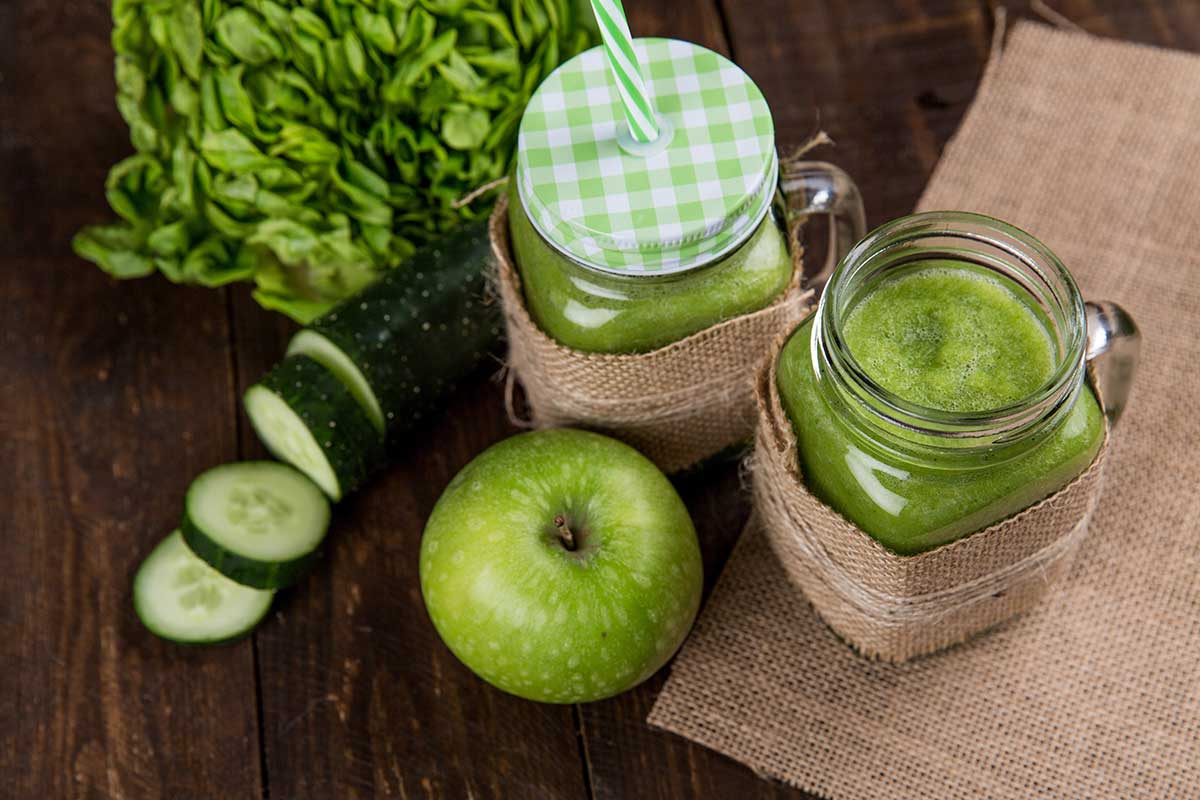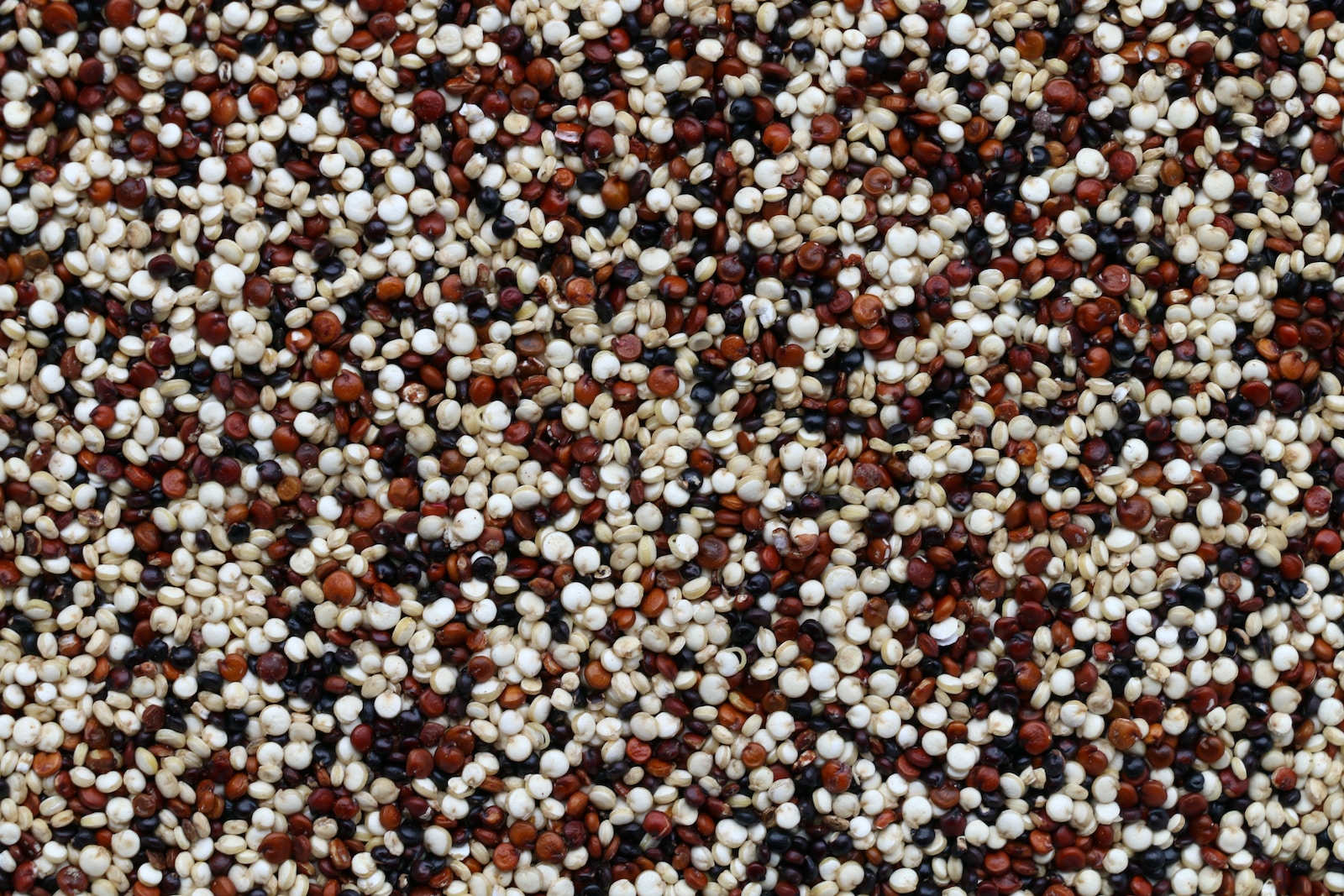The stress “pandemic”: What can we do to control it?

There is no doubt anxiety, stress and depression are present in modern societies. The numbers are high, and they increased due to COVID-19 pandemic. Here, in Macau, was not different. The number of people who report anxiety, stress and/or depression increased either, essentially, because of COVID-19 consequences and lockdown.
Sections
What can we do to protect ourselves and in case of having it, reduce the impact?

- Look for professional help. There is no problem in asking for help! If you are not feeling well, look for a psychologist or a psychiatrist. What you feel matters. So, if you are not ok, do something about that! Mental health is important. Do not depreciate it.
- Do physical activity regularly. Several studies demonstrate doing it, low anxiety levels and decrease symptoms of depression.
- Eat healthy and guarantee a proper nutrient intake. Many nutrients have a connection with brain function, so they have a special purpose. Some of them are omega-3, folate, vitamin B12, iron, magnesium, vitamin D, amino acids. These can be found in food, but, if necessary, it is possible to supplement.
- Sleep well and 8 hours per night is also important. It has been proved sleep has a good impact on stress, anxiety, and depression. Of course, these conditions can also affect your sleep, so avoid going to bed too late and half an hour before bedtime, avoid contact with bright lights and electronic devices. If possible, leave them out of the bedroom. Magnesium and/or valerian can also help you have a good night sleep. Ask your health professional if you have any doubts.
- Be careful with the amount of coffee you drink. The limit is 400mg of caffeine, which means no more than 4 to 5 espressos per day. Do not drink coffee after 4pm because it affects your sleep routine.
- Reducing consumption of processed foods, fast foods and sugar and sweetened products are also a must. They are not good for your health in general and of course for your gut health, which can have a huge impact on the way you feel.
- Including vegetables, legumes, nuts, and seeds in your daily diet is very significant to improve your health, because they are rich in vitamins and minerals important for your brain health.
- Protein should be part of every meal because it ensures adequate intake of tryptophan (a precursor of serotonin), and tyrosine and phenylalanine (amino acids that are precursors of dopamine). Several studies show that these nutrients may have beneficial effects on neurological and brain health.
- Have a normal bowel function. There are a lot of evidence in brain-gut axis, in which interaction is bidirectional. How we feel can affect our bowel function and vice versa. It is very common to hear people saying they feel abdominal pain or even have diarrhea when they are stressed, and also because the gut has an impact on the way we feel, because it is responsible for producing serotonin, a happiness hormone. So, if you have some gut discomfort or other symptoms, please consult a health professional to guide you in the best way.
- Drink water. Water is important for everything in your body, especially for your cognitive function and mood, as well as reducing fatigue, improving concentration and memory.
- Avoid alcoholic drinks. They are not good for your health in general, but especially not for your brain.
- Rest when you feel the need. It is common to think rest is a waste of time, but, actually, it is a gain. You will feel much better after rest and will be ready for what comes after.
Final thoughts
The COVID-19 pandemic has had a profound impact on the mental health of individuals in Macau, as is evident from the increased prevalence of anxiety, stress, and depression. The consequences of the pandemic, including lockdown measures and the overall uncertainty and disruption to daily life, have contributed to a significant rise in mental health challenges within the community. The numbers speak for themselves, indicating a pressing need for attention and support in addressing these issues. It is crucial for society to recognize and acknowledge the mental health struggles faced by individuals in Macau and beyond.
Carlos Santos
inPharmacist - Founder




